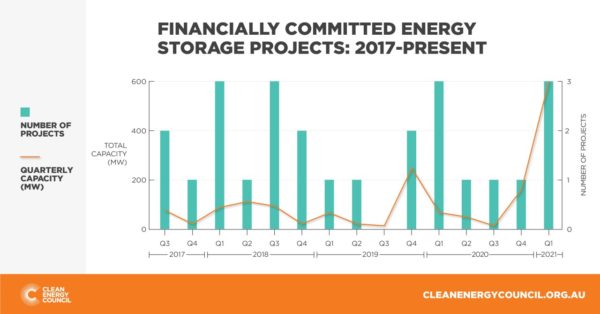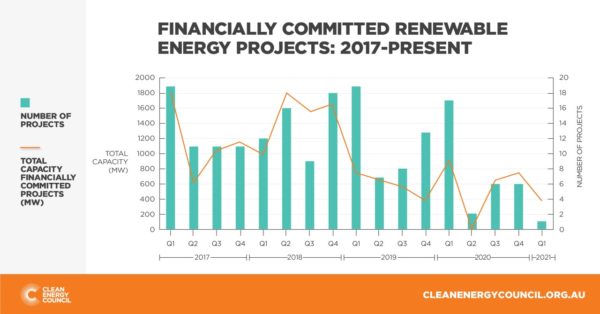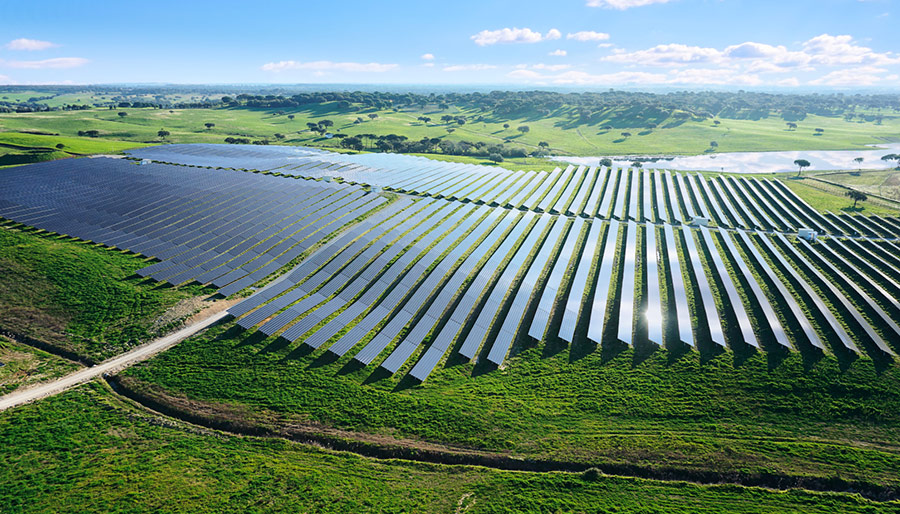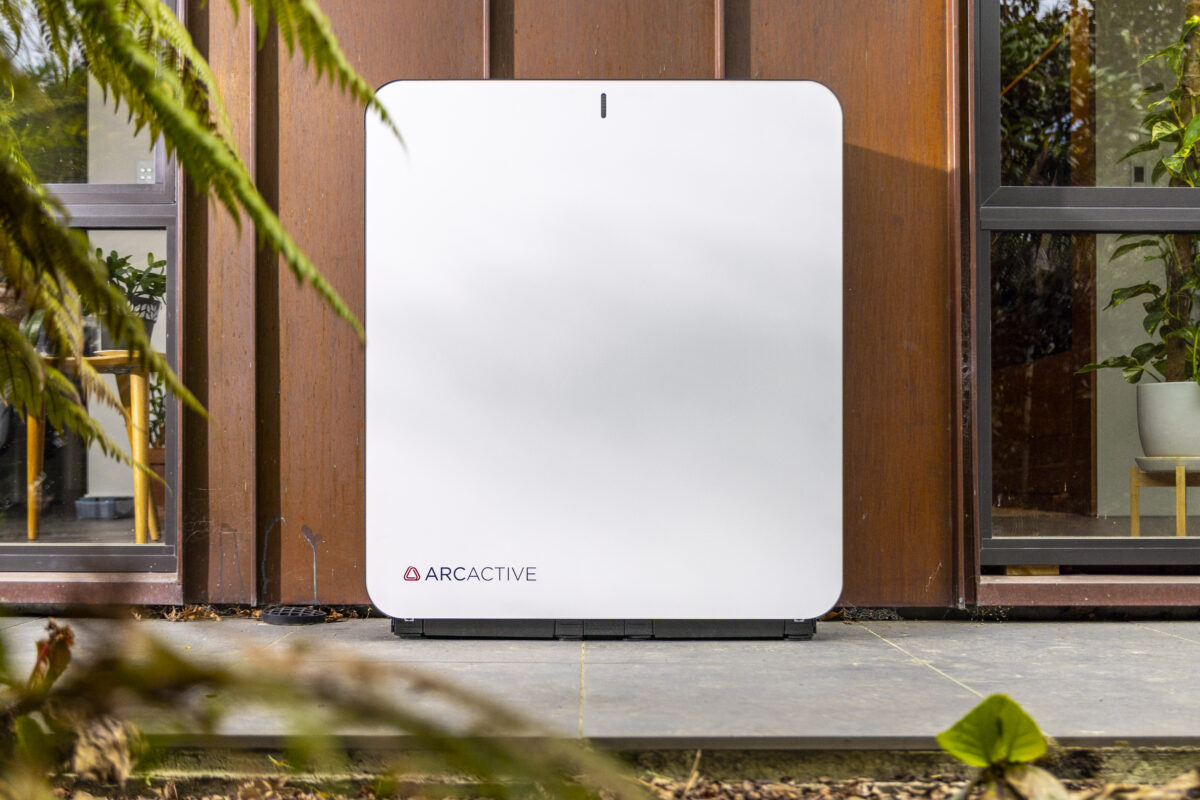New figures released by the Clean Energy Council (CEC) show that financial commitments for new utility-scale battery projects in Australia increased four-fold between Q4 2020 and Q1 2021, from 150 MW to 600 MW in the first three months of this year.
“Big batteries have come of age, with investors recognising the increasing cost competitiveness as well as the role they play in providing energy security and supporting renewable energy across Australia,” CEC chief executive Kane Thornton said.
“The projects committed in this quarter represent a 300% increase in committed large-scale energy storage capacity compared to Q4 2020 and investment to the tune of $400-450 million.”

The dramatic increase in new investment in utility-scale batteries comes at the same time as financial commitments in large-scale solar PV and wind projects have slowed to the lowest level in the past five years.
The CEC said just one large-scale renewable energy project was financially committed in the first quarter of 2021.
The New England Solar Farm in Uralla, New South Wales was financially committed in the first quarter of 2021, with the 400 MW of new capacity 45% lower than the previous quarter and 30% lower than the 2020 quarterly average.
“This is a deeply concerning trend when, in light of the speed of the clean energy transition worldwide, the brakes are being put on Australia’s promise as a renewable energy superpower,” Thornton said.
“Confidence for new investment in the sector is really in limbo at the moment.
“Projects are experiencing significant and often unanticipated delays through the grid connection process, and as we saw last week with the announcement of a new gas-peaking plant at Kurri Kurri, government intervention in the energy market adds to the uncertainty for investors.”

Early works have already commenced on the first 400 MW stage of the New England Solar Farm with joint venture UPC/AC Renewables Australia (UPC Renewables and AC Energy) confirming lead contractor Elecnor has already begun early works through its subsidiary Green Light Contractors, including substation and road design.
The New England Solar Farm will eventually become a 720 MW solar PV installation combined with a 400 MWh battery energy storage system on site.
The developers are hopeful the first stage of the project will be connected to the National Energy Market (NEM) and producing clean solar energy by July 2022, with a tentative date near the end of 2023 for the entire project to be operational.
The first stage of the project also includes 50 MW/50 MWh of lithium-ion battery storage.
The CEC said the New England battery is one of three large-scale battery projects to reach financial close in the first quarter of 2021.
Neoen has also achieved financial close on the 300 MW / 450 MWh Victoria Big Battery storage facility being developed near Geelong while energy giant AGL has commenced construction on the 250 MW/250 MWh Torrens Island Battery in South Australia.
As well as those projects to have reached financial close, the CEC said at least 15 other large-scale battery storage projects have been announced this year, representing more than 6.6 GW of capacity and $4.3 billion in investment.
The rollout of big battery projects comes after the CEC recently published analysis of the costs of battery technologies as a provider of vital peaking services to the national grid, finding that they are already becoming financially competitive with conventional gas peakers to provide the grid support services.
“Large-scale batteries are now undoubtedly the best option to meet periods of high electricity demand,” Thornton said.
“Batteries can provide a premium peaking service in periods of high demand traditionally met by peaking gas plants. Batteries can ramp up quickly, have near zero start-up time and provide a better frequency response.
“In this respect, the capability of large-scale batteries is unrivalled.”
This content is protected by copyright and may not be reused. If you want to cooperate with us and would like to reuse some of our content, please contact: editors@pv-magazine.com.









By submitting this form you agree to pv magazine using your data for the purposes of publishing your comment.
Your personal data will only be disclosed or otherwise transmitted to third parties for the purposes of spam filtering or if this is necessary for technical maintenance of the website. Any other transfer to third parties will not take place unless this is justified on the basis of applicable data protection regulations or if pv magazine is legally obliged to do so.
You may revoke this consent at any time with effect for the future, in which case your personal data will be deleted immediately. Otherwise, your data will be deleted if pv magazine has processed your request or the purpose of data storage is fulfilled.
Further information on data privacy can be found in our Data Protection Policy.